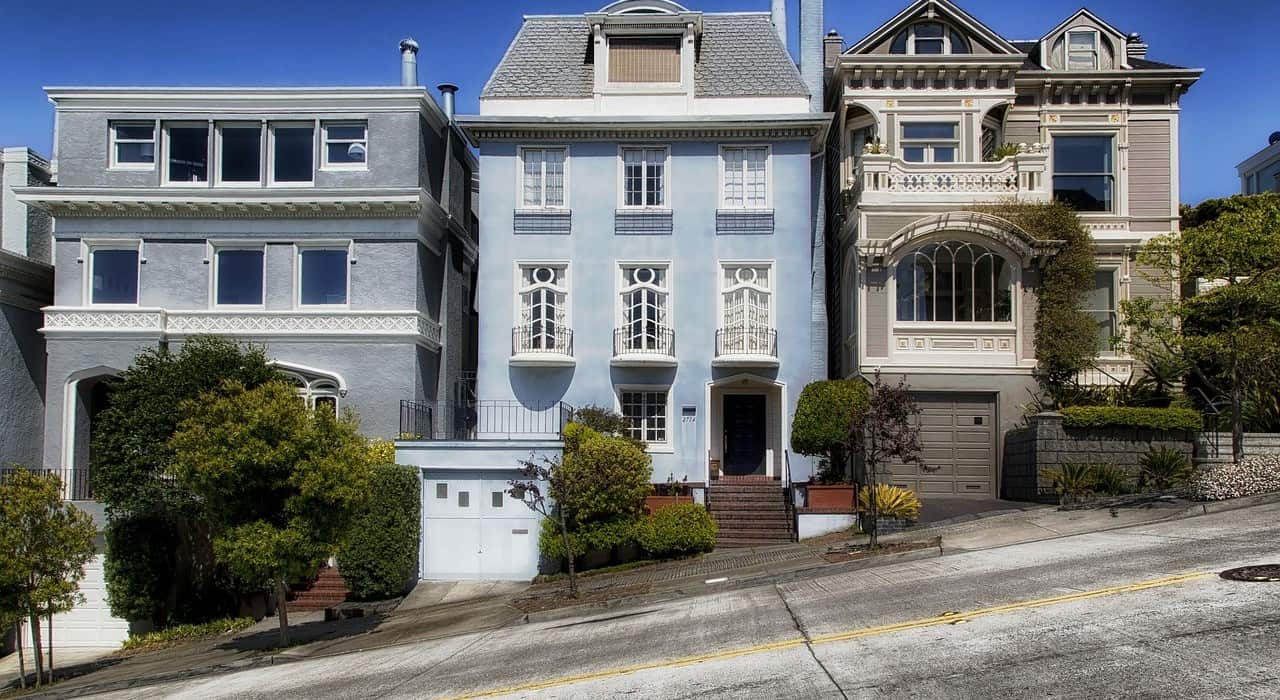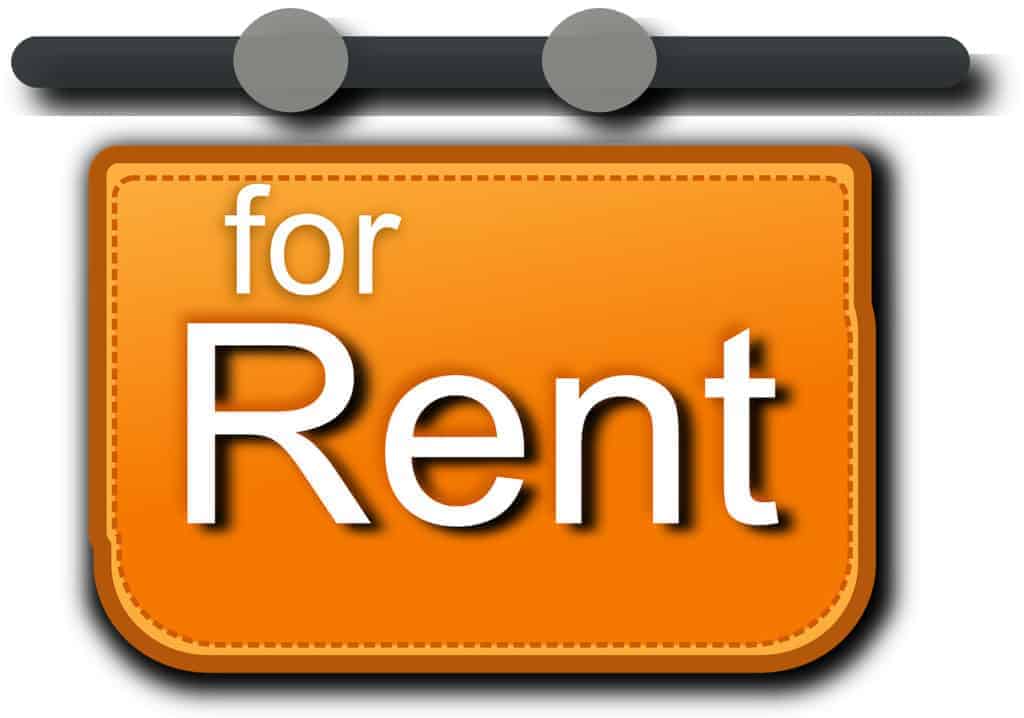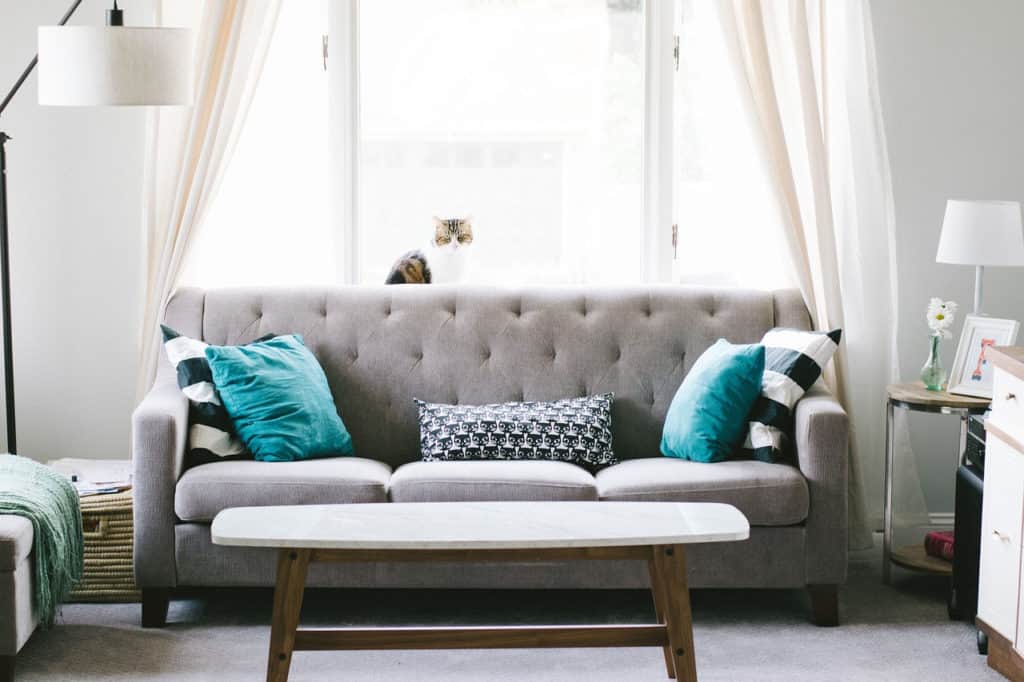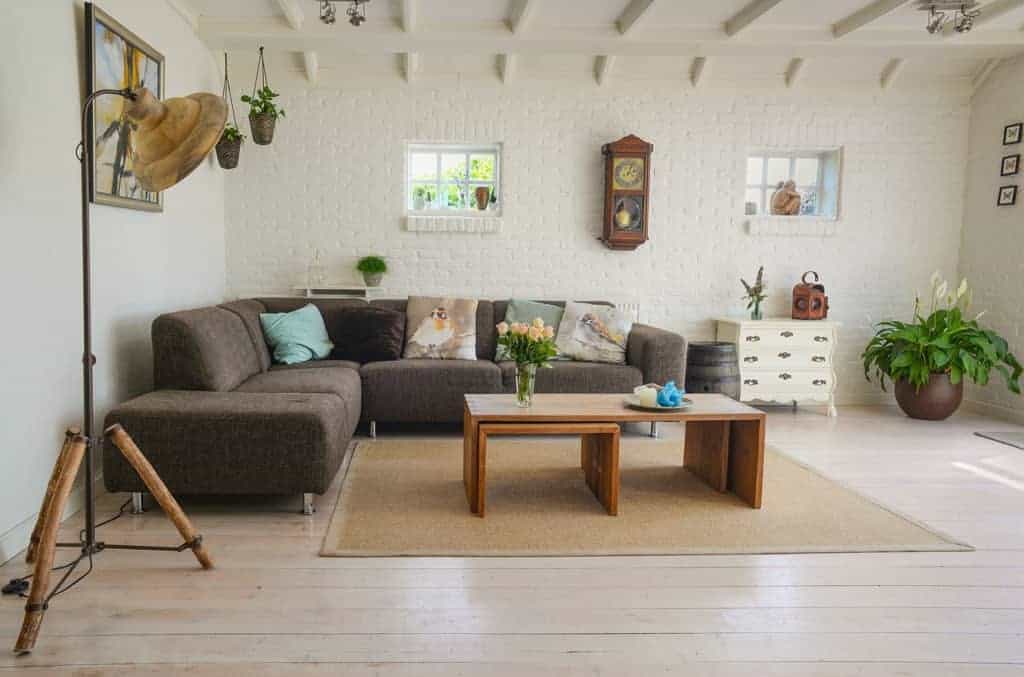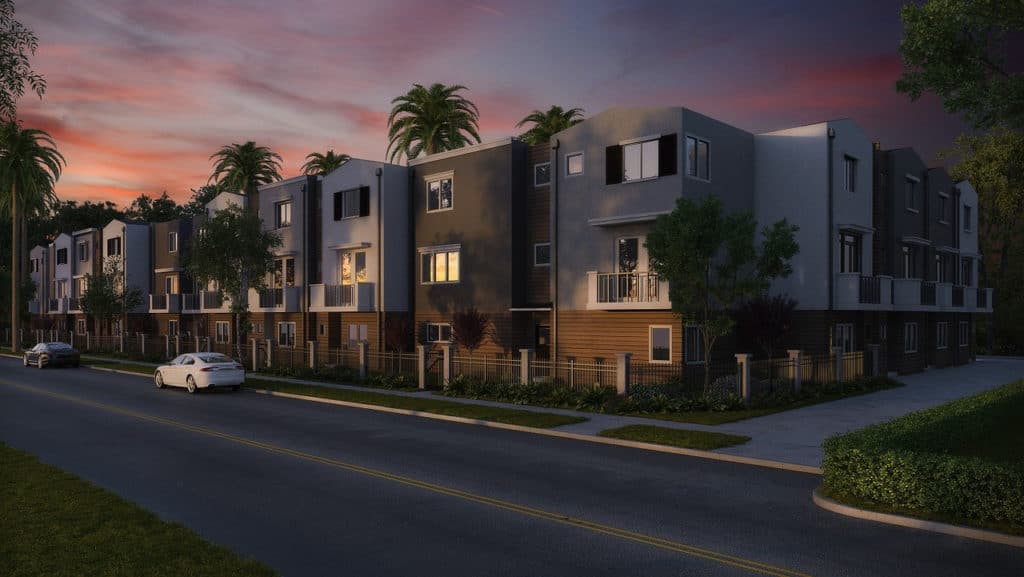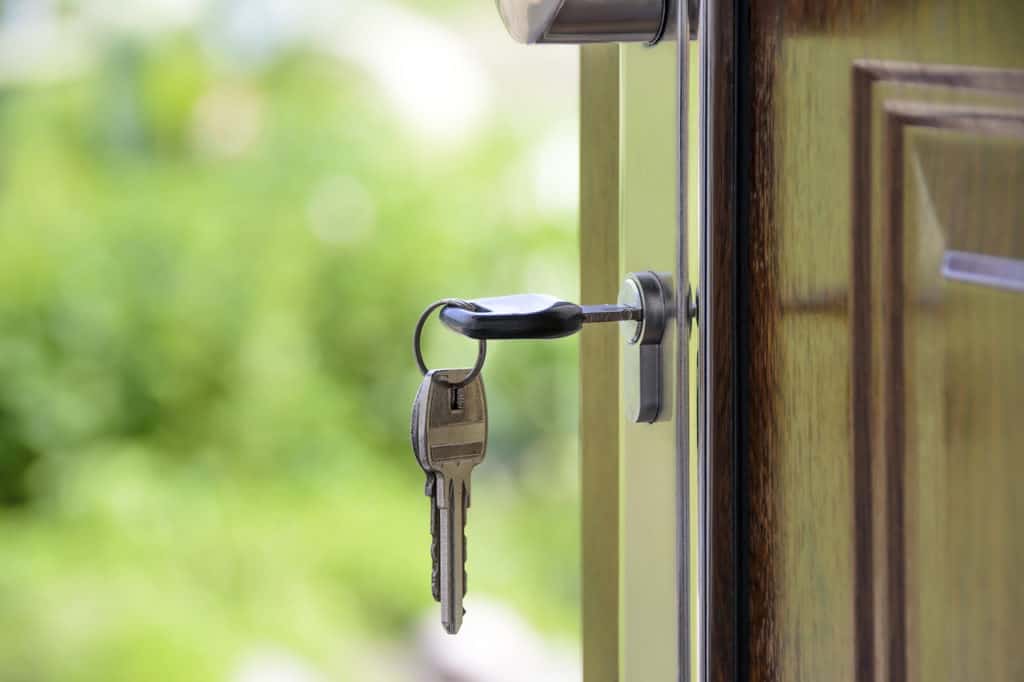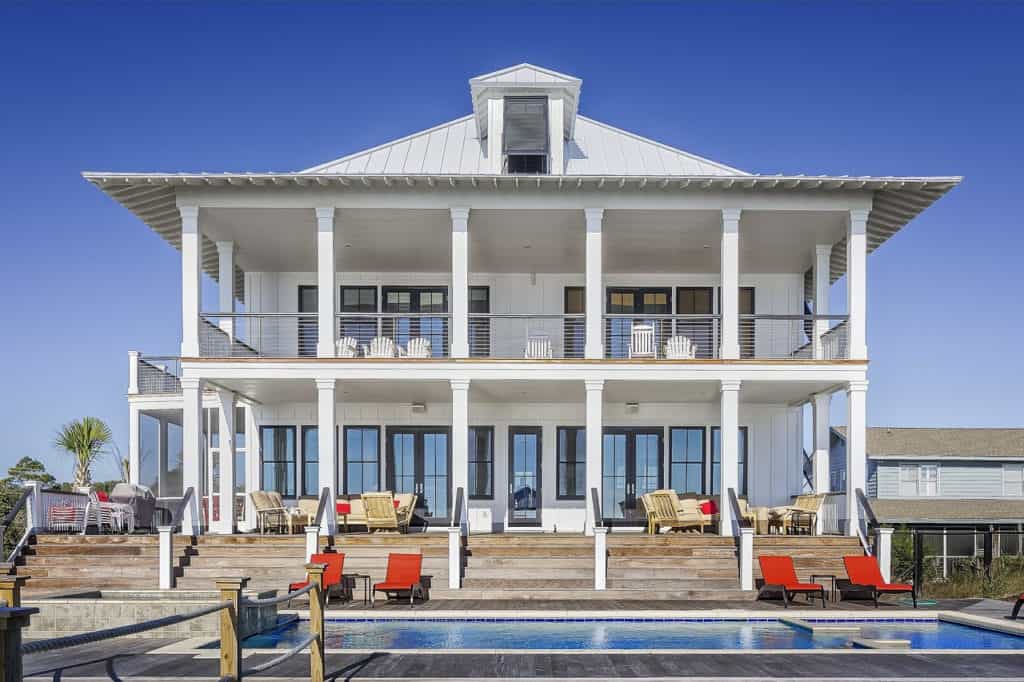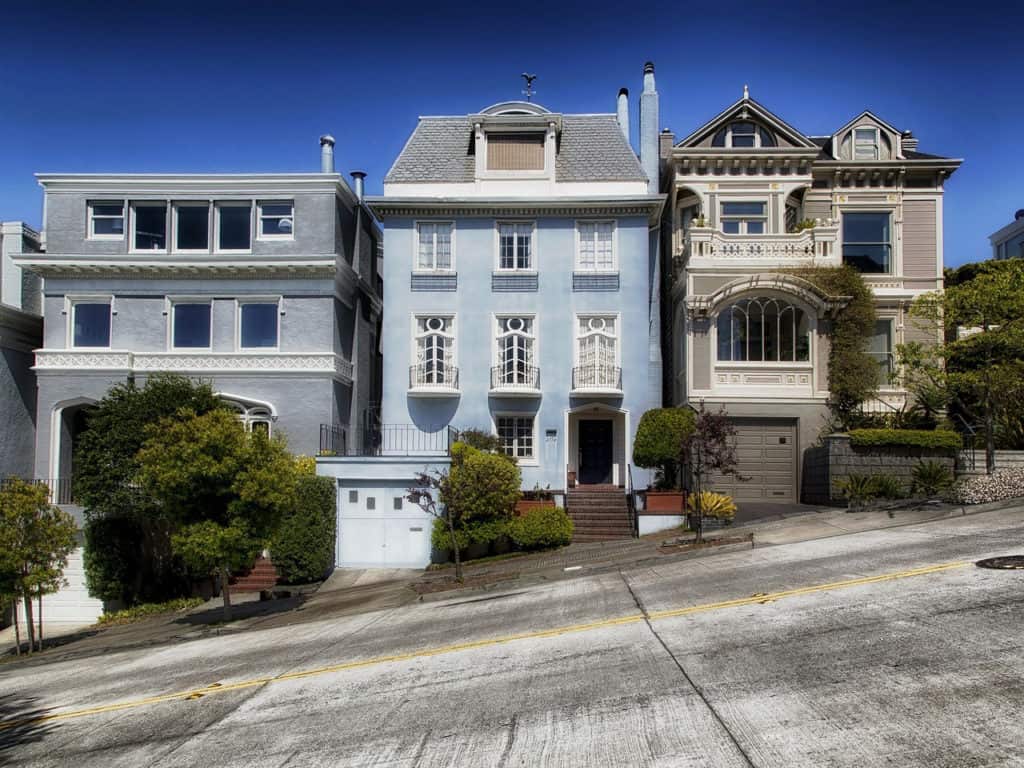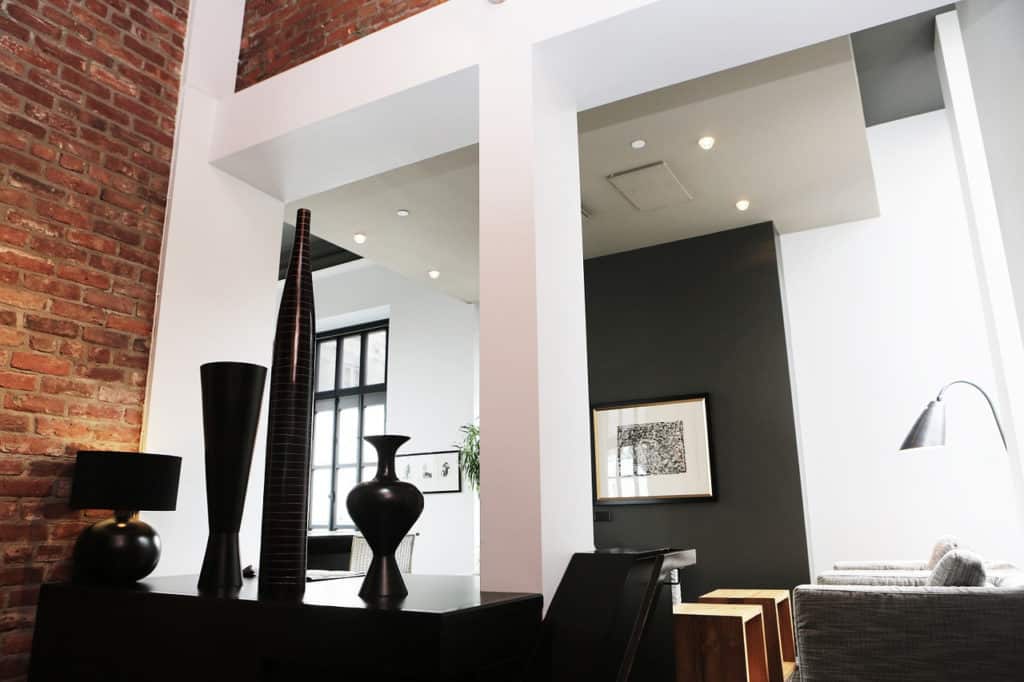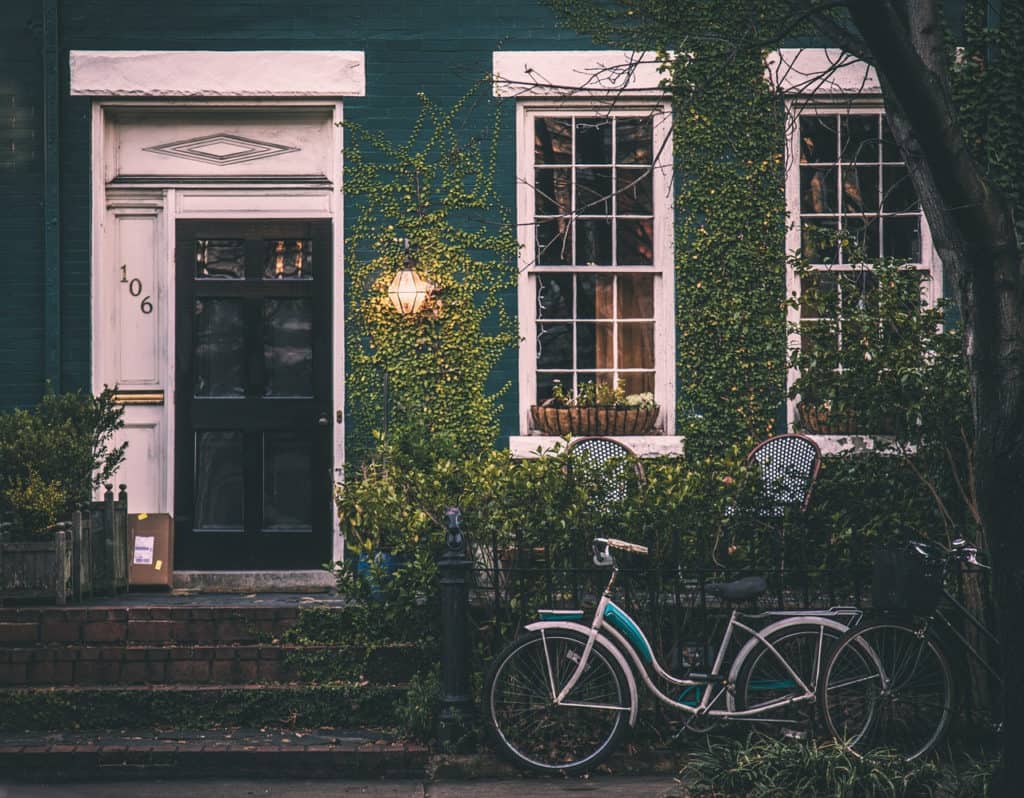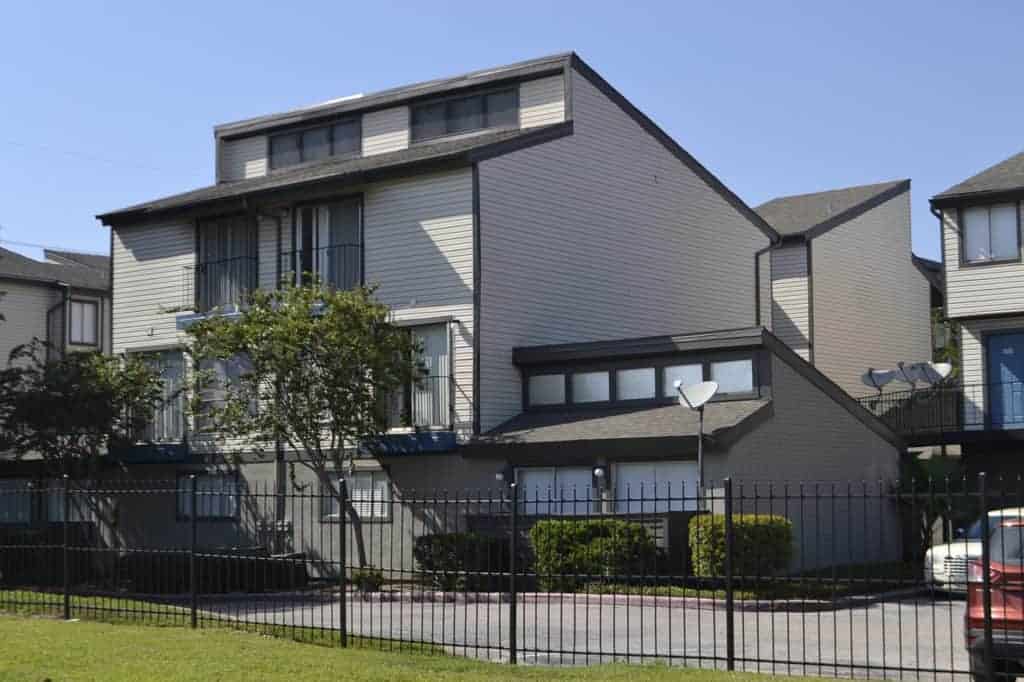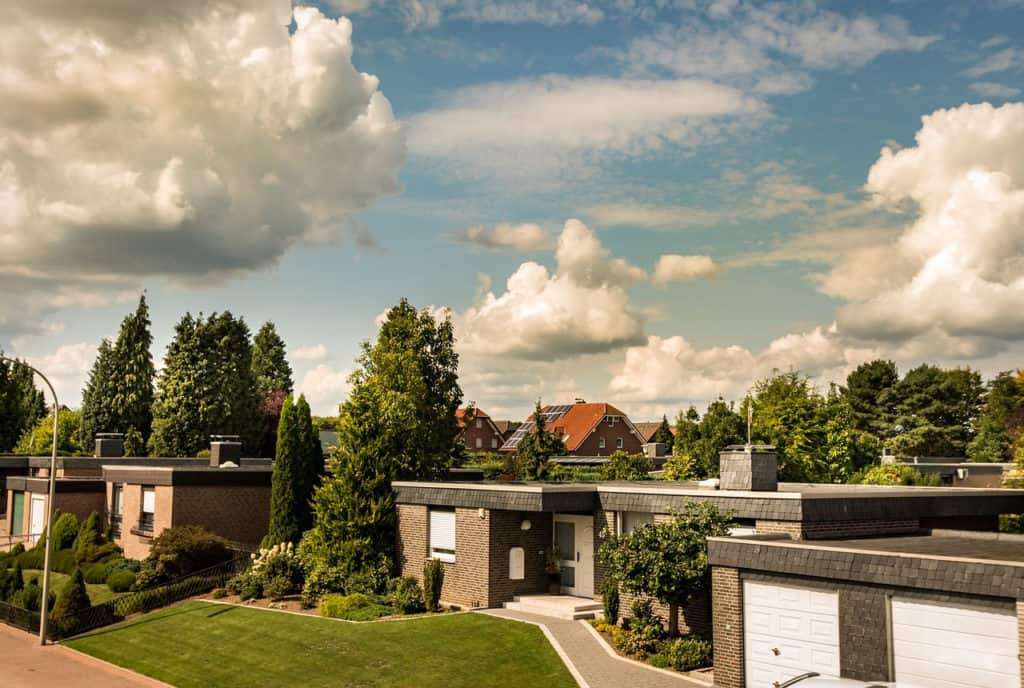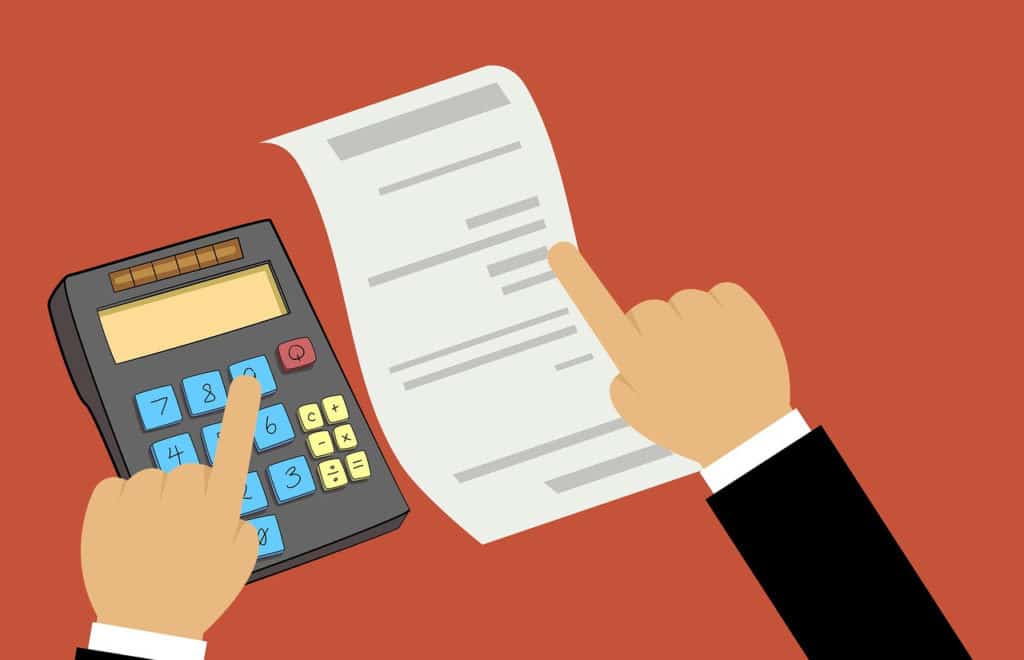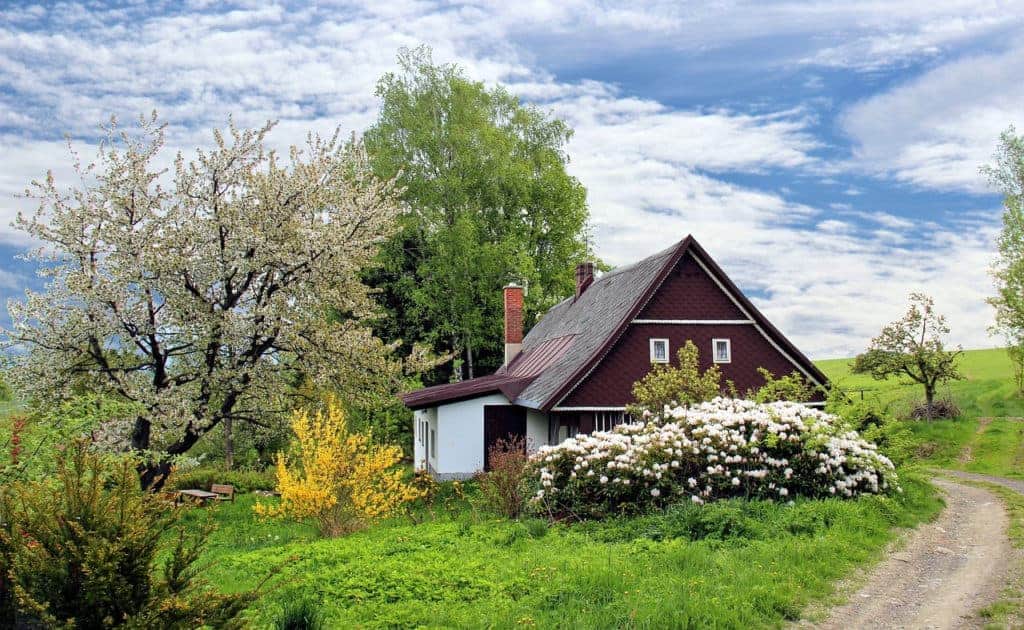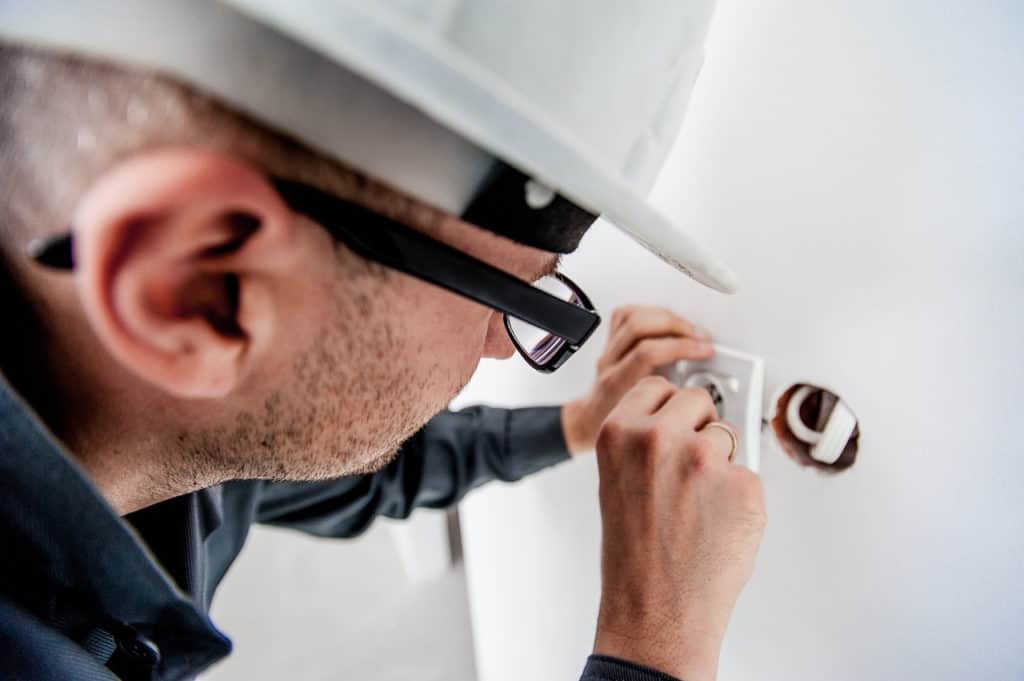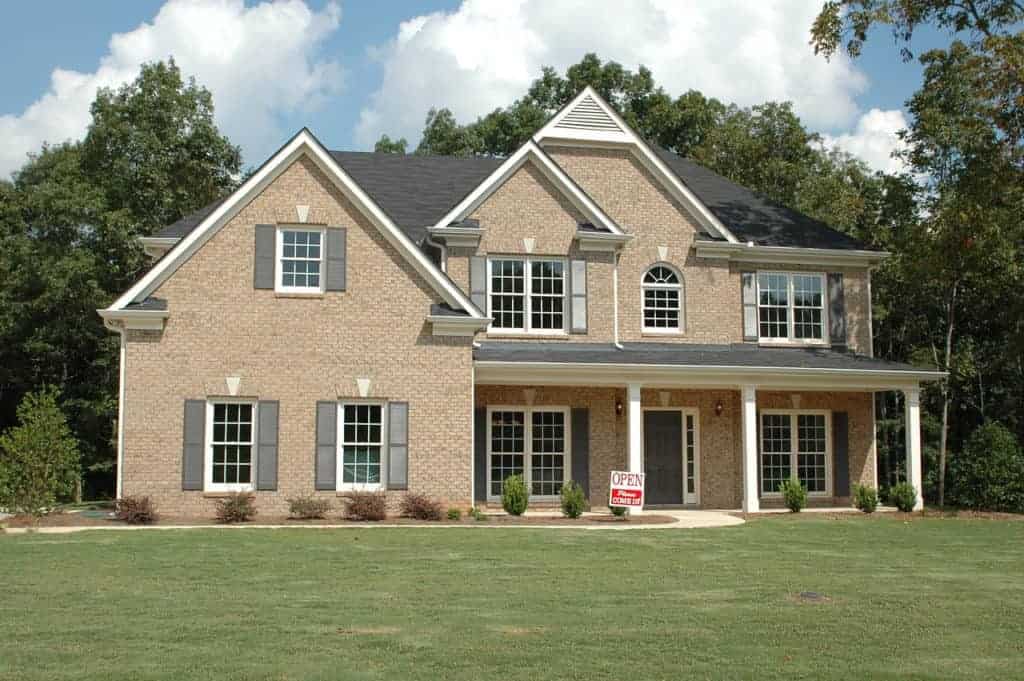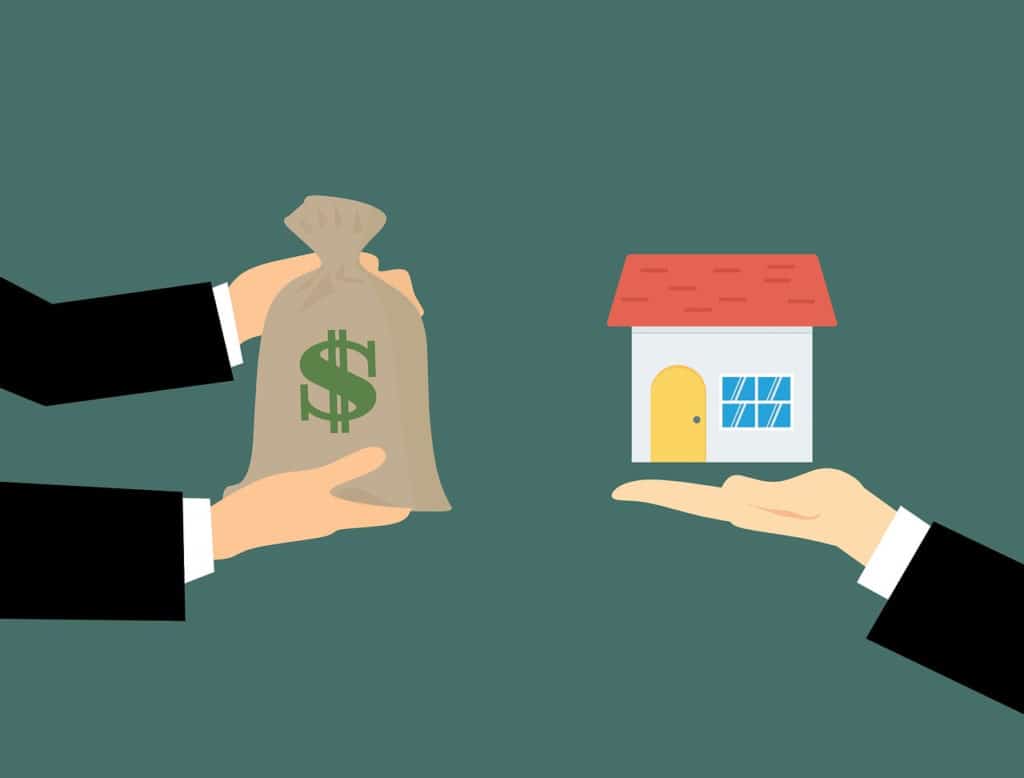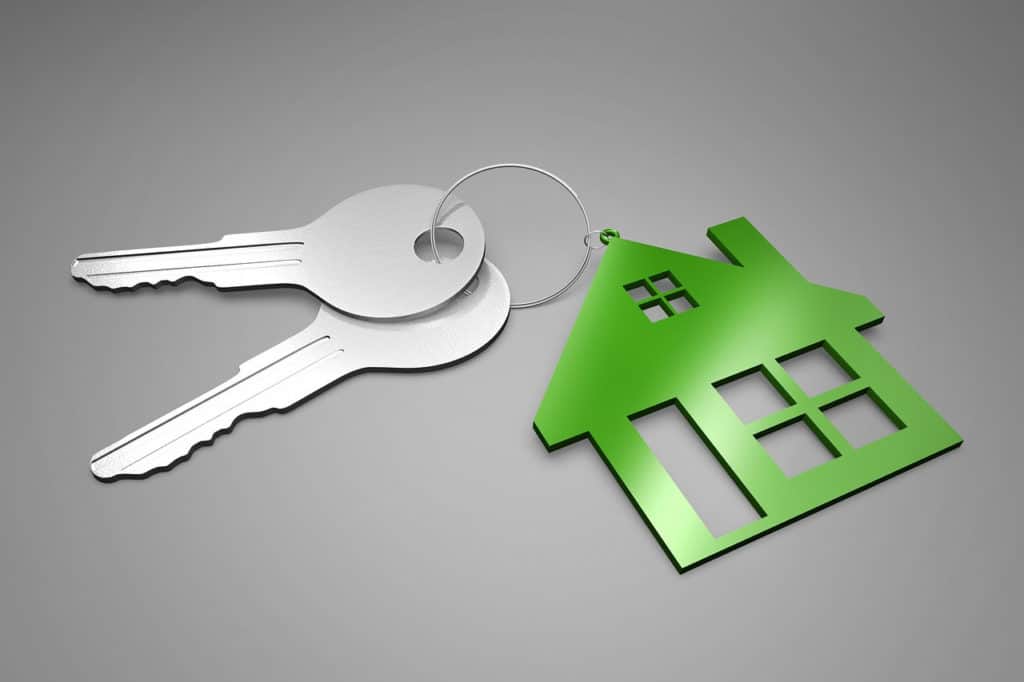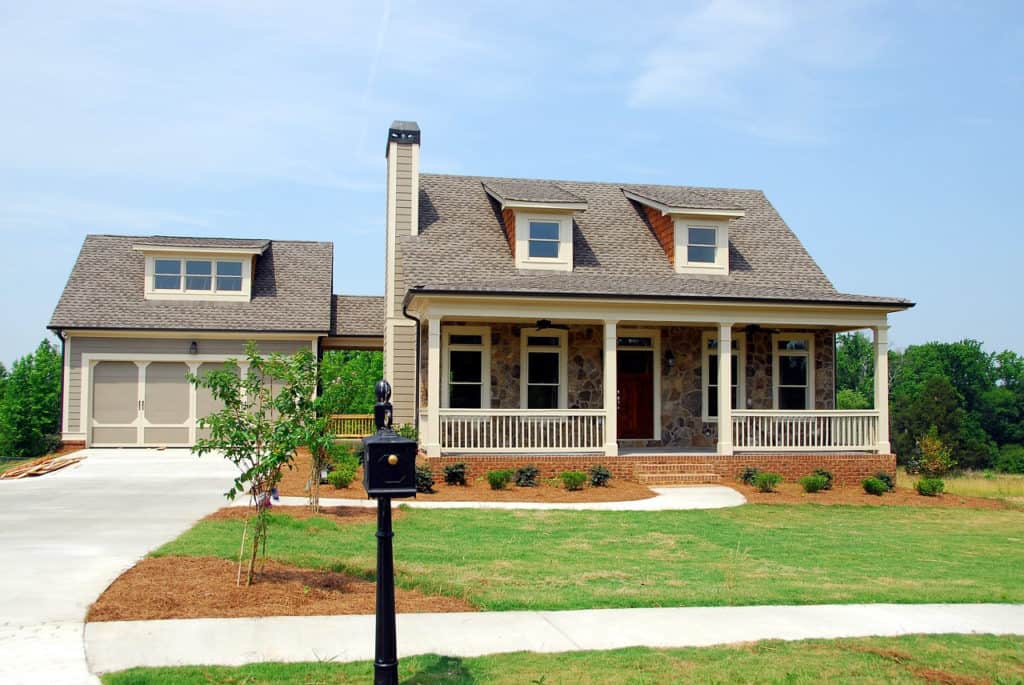Home is where the heart is, and when it comes to finding a home, you have two options. You can either rent a place or buy a home. Both options have their own share of advantages and disadvantages. Whether or not you should rent a house or buy a home depends on a lot of factors, including financial capabilities, lifestyle, stability, and more.
When you have a clear understanding of both buying and renting, you are likely to make better decisions for yourself; you need to know about buying and renting a home. Keep reading to determine which option is right for you and your family.
Renting a Home
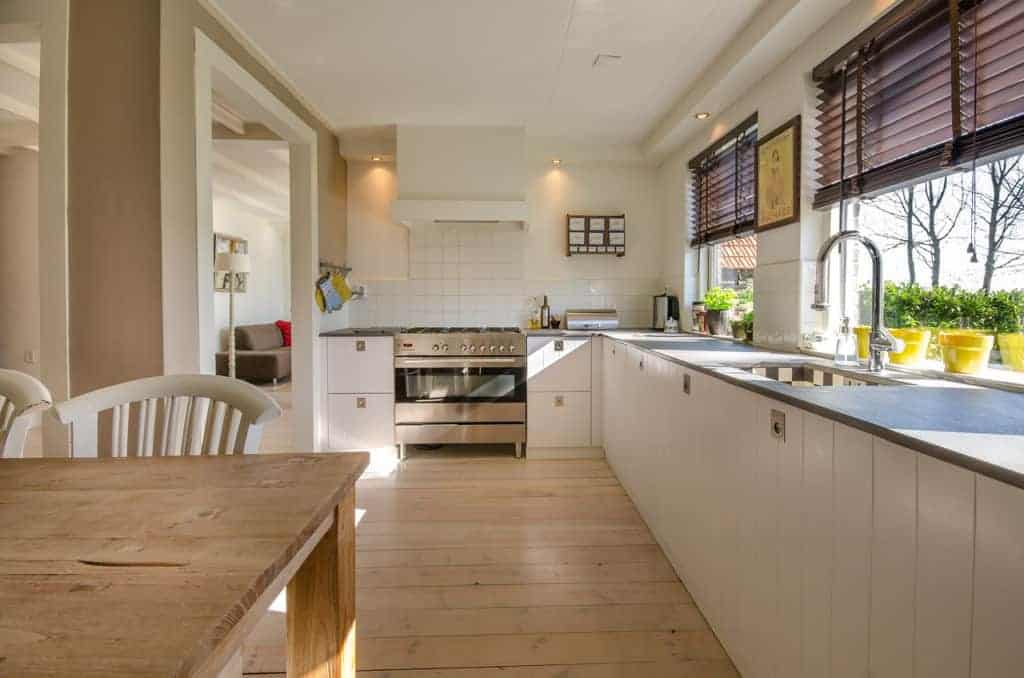
When you rent a home or apartment, an agreement is made to use the property that is owned by someone else temporarily. An individual can rent the property on a gross lease basis wherein the tenant pays the rental amount, and the landlord pays all the charges associated with the ownership. Renting a home allows you to live in a house without having to worry about high mortgage payments.
This idea is a viable option for people who are not financially strong enough to buy their own homes. Renting a house is also a good option for people who don’t wish to settle in the city they are living currently and planning to move to another place in the near future.

